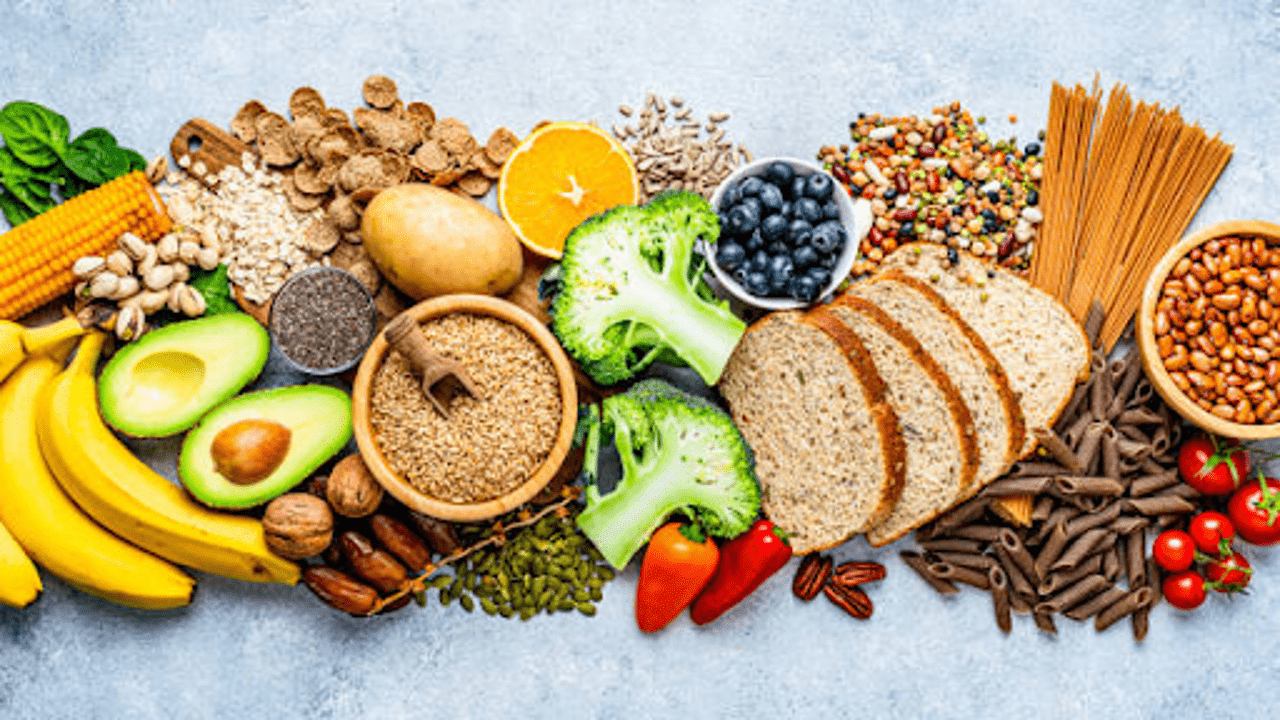
Photo: Getty Images.
As winter approaches, many people begin to feel the "winter blues." Shorter days and colder temperatures can bring feelings of sadness and low energy. This seasonal dip in mood is common, but for some, it evolves into a more serious condition called Seasonal Affective Disorder (SAD). SAD is a type of depression that occurs during specific seasons, particularly fall and winter, and it can significantly affect a person's ability to function normally.
Dr. Samar McCutcheon, an expert in psychiatry, explains that SAD is diagnosed when someone experiences depressive symptoms during the same season for at least two years. Symptoms of SAD can include low energy, disrupted sleep, lack of motivation, sadness, and even difficulty concentrating. These symptoms can last for up to 40% of the year, making it tough for those affected to go about their daily activities. Brooke Bardin, a clinical operations director, mentions that these symptoms can severely limit someone's quality of life.
Luckily, there are ways to manage the symptoms of SAD, and one important factor is nutrition. Dr. Paul Nestadt, an expert on mood disorders, points out the gut-brain connection, which highlights how food can impact mental health. For example, a lack of vitamin D and omega-3 fatty acids can contribute to feelings of depression. Certain foods can help alleviate SAD symptoms, while others may worsen them.
Comfort foods, like sweets and processed snacks, are often consumed in an attempt to boost mood, but these foods can actually make things worse. They contain unhealthy fats, sugar, and preservatives that can negatively affect mental health. Instead of reaching for comfort foods, it's important to focus on healthier options.
Including omega-3 fatty acids in your diet can improve mood, as they help regulate brain function. Foods rich in omega-3s include salmon, eggs, walnuts, olive oil, and avocados. These healthy fats not only improve mood but also help control cravings and prevent overeating. Vitamin D, which is often deficient during winter, is another key nutrient for managing SAD. You can get vitamin D from fatty fish, eggs, mushrooms, and fortified foods like dairy and plant-based milks.
Certain spices, such as cinnamon, have also been shown to help stabilize blood sugar levels, preventing sugar cravings and making you feel calmer. Fresh fruits and vegetables are another essential part of a SAD-friendly diet. Antioxidant-rich foods, like berries, leafy greens, and dark chocolate, can help combat brain inflammation and oxidative stress, which contribute to mood disorders.
Complex carbohydrates, such as whole grains, sweet potatoes, and beans, can help regulate blood sugar and keep you feeling fuller longer. Fermented foods, like yogurt, kimchi, and sauerkraut, can support gut health, which is linked to improved mood. Magnesium-rich foods, such as leafy greens and nuts, are also helpful for reducing anxiety and improving mental well-being.
For those with SAD, adding foods that boost serotonin levels, like turkey, eggs, and pineapple, can also make a difference. These foods, along with the Mediterranean diet, can provide a great starting point for managing SAD.
While diet plays an important role, there are other strategies for managing SAD. Regular exercise, good sleep habits, and maintaining social connections are crucial. Consider traveling to a sunnier location during the winter months. Seeking professional help from a mental health professional can also provide support, and there are treatments like light therapy and antidepressants that may help.
In addition to therapy, exercise, and nutrition, prioritizing nutrient-dense foods that support brain health can have long-lasting benefits. A well-rounded approach to mental health, combining proper diet, physical activity, and mental health care, can help combat the effects of SAD and improve overall well-being.















